Elon Musk has owned Twitter for about five weeks. Already, he has made massive changes and upended norms of corporate hiring and access.


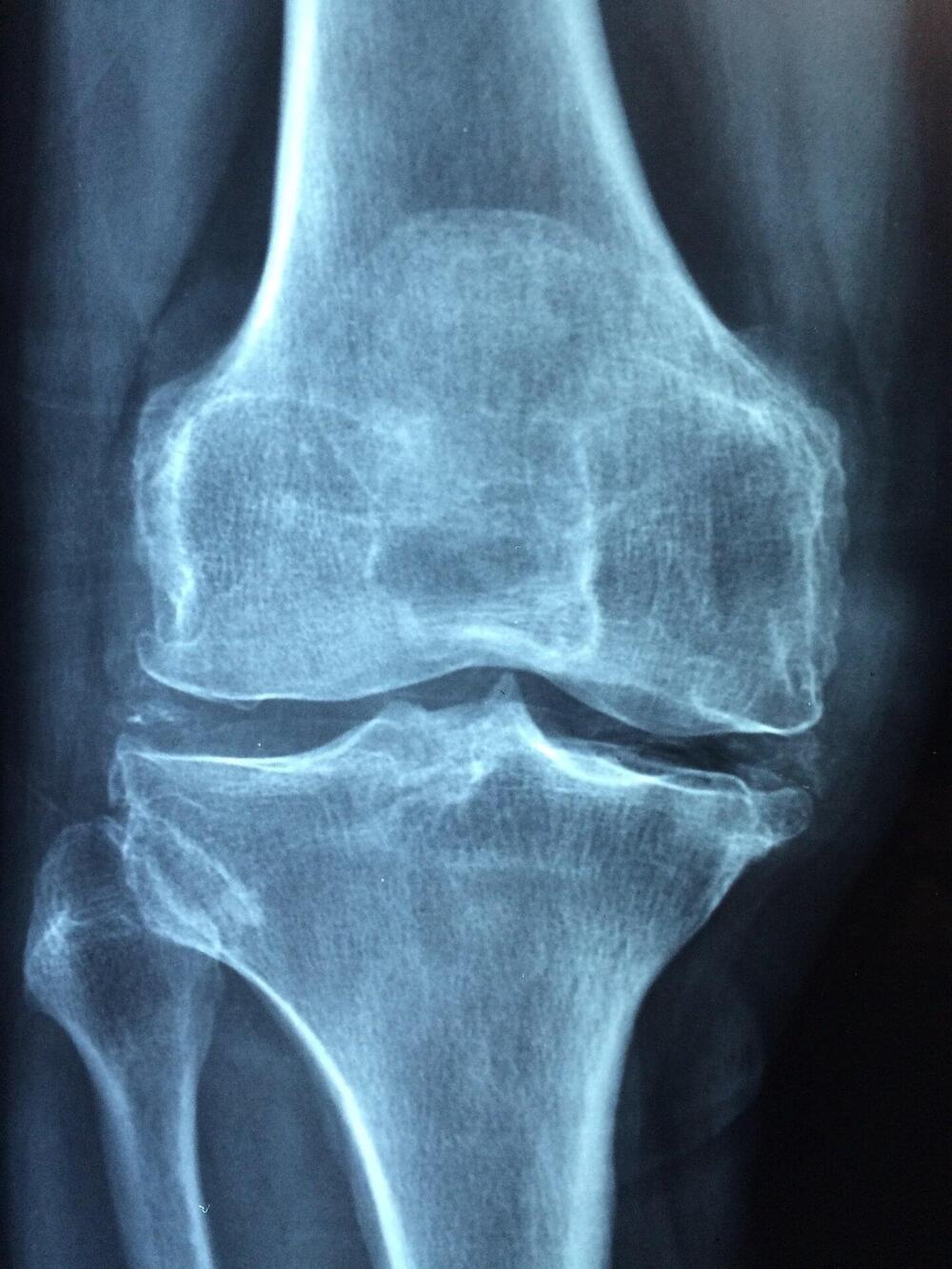
University of Central Florida researchers have created unique technology for treating osteoporosis that uses nanobubbles to deliver treatment to targeted areas of a person’s body.
The new technology was developed by Mehdi Razavi, an assistant professor in UCF’s College of Medicine and a member of the Biionix Cluster at UCF, and UCF biomedical sciences student Angela Shar at the Biomaterials and Nanomedicine Lab, as part of the lab’s focus on developing tools for diagnostics and therapeutics.
Osteoporosis is a disease marked by an imbalance between the body’s ability to form new bone tissue, or ossification, and break down, or remove, old bone, known as resorption.
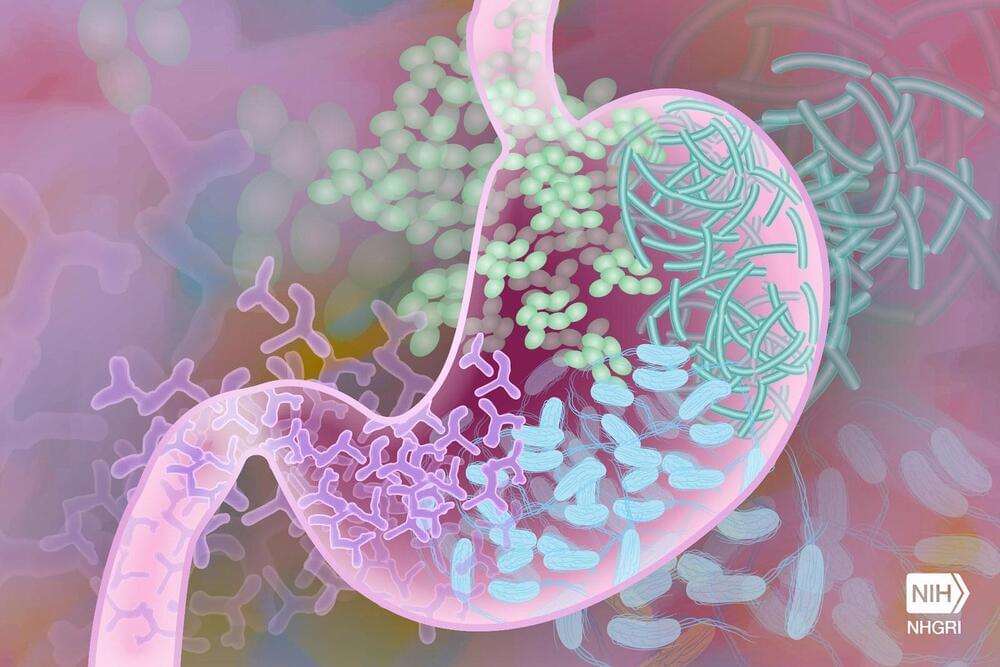
Adopting and maintaining a healthy lifestyle might prevent up to 60% of inflammatory bowel disease cases—Crohn’s disease and ulcerative colitis—finds a large international study, published online in the journal Gut.
The findings prompt the study authors to suggest that subject to further research, particularly in those at high risk of developing these conditions, lifestyle changes may be a feasible option for future preventive strategies.
Inflammatory bowel disease, or IBD for short, affects an estimated 3 million adults in the U.S. and another 1.3 million in Europe, and diagnoses have been increasing, particularly in newly industrialized countries.

Breathing in common workplace dusts and fumes from agents such as vapors, gases, and solvents may heighten the risk of developing rheumatoid arthritis, suggests research published online in the Annals of the Rheumatic Diseases.
What’s more, such vapors, gases, and solvents seem to boost the detrimental impact of smoking and genetic susceptibility to the disease, the findings indicate.
Rheumatoid arthritis (RA) is a chronic autoimmune joint disorder characterized by painful and disabling inflammation. It affects up to 1% of the world’s population.

Two categories of nanofabrication technologies are known as top-down and bottom-up approaches [5]. For the former, nanosized materials are prepared through the rupture of bulk materials to fine particles, and such a process is usually conducted by diverse physical and mechanical techniques like lithography, laser ablation, sputtering, ball milling and arc-discharging [6, 7]. These techniques themselves are simple, and nanosized materials can be produced quickly after relatively short technological process, but expensive specialized equipment and high energy consumption are usually inevitable. Meanwhile, a variety of efficient chemical bottom-up methods, where atoms assemble into nuclei and then form nanoparticles, have been intensively studied to synthesize and modulate nanomaterials with specific shape and size [8].
Indeed, chemical methodologies, including but not limited to, aqueous reaction using chemical reducing agents (e.g. hydrazine hydrate and sodium borohydride), electrochemical deposition, hydrothermal/solvothermal synthesis, sol–gel processing, chemical liquid/vapor deposition, have been developed up to now [5, 6]. These approaches can not only produce diverse nanomaterials with fairly high yields, but also endow fine controllability in tailoring nanostructures and properties of the products. Nevertheless, they have been encountering some serious challenges of harsh reaction conditions (e.g. pH and temperature), potential risks in human health and environment, and low cost-effectiveness. Moreover, there are biosafety concerns on products synthesized chemically using hazardous reagents, which restricts their applications in many areas, particularly in medicines and pharmaceuticals [9].
Impressively, biological methodology is becoming a favourite in nanomaterial synthesis nowadays to address challenges in chemical synthesis. Compared to chemical routes, biosynthesis using natural and biological materials as reducing, stabilizing and capping agents are simple, energy-and cost-effective, mild and environment-friendly, which is termed as “Green Chemistry” [2, 6]. More significantly, the biologically synthesized nanomaterials have much better competitiveness in biocompatibility, compared to those chemically derived counterparts. On the one hand, the biogenic nanomaterials are free from toxic contamination of by-products that are usually involved in chemical synthesis process; on the other hand, the biosynthesis do not need additional stabilizing agents because either the used organisms themselves or their constituents can act as capping and stabilizing agents and the attached biological components in turn form biocompatible envelopes on the resultant nanomaterials, leading to actively interact with biological systems [2]. As one of the most abundant biological resources, some microorganisms have adapted to habitat contaminated with toxic metals, and thus evolved powerful tactics for remediating polluted environment while recycling metal resources [7, 10], and some review articles on the biosynthesis of MNPs using diverse microorganisms including bacteria, yeast, fungi, alga, etc. and their applications have been published in recent years [1, 2, 6, 7, 10].
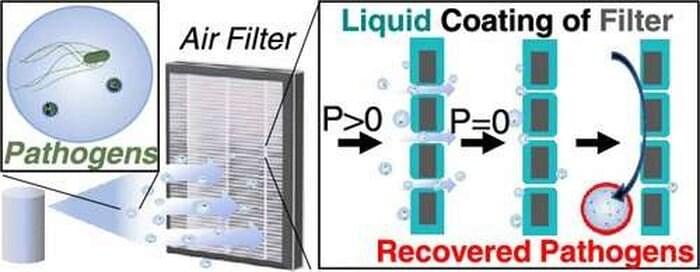
Researchers from the University of Maine and University of Massachusetts Amherst have designed new liquid-coated air filters that allow for improved early detection and analysis of airborne bacteria and viruses, including the one that causes COVID-19. The team has published their findings in the journal ACS Applied Materials & Interfaces.
While conventional air filters help control the spread of disease in public spaces like hospitals and travel hubs, they struggle to keep the pathogens they capture viable for testing. The inefficiency can inhibit scientists’ ability to identify biological threats early on, which could hinder any response and protection measures.
The research team, led by Caitlin Howell, a UMaine associate professor of biomedical engineering, developed a composite membrane with a liquid layer for filters that is better suited for capturing viable bacterial and viral samples for analysis. They modeled the membrane after the Nepenthes pitcher plant, which has a slippery rim and inner walls that cause insects to fall and become trapped within its digestive fluid. By keeping the bacteria and viruses they capture feasible for examination, researchers say their novel liquid-coated air filters can enhance air sampling efforts, early pathogen detection and biosurveillance for national security.
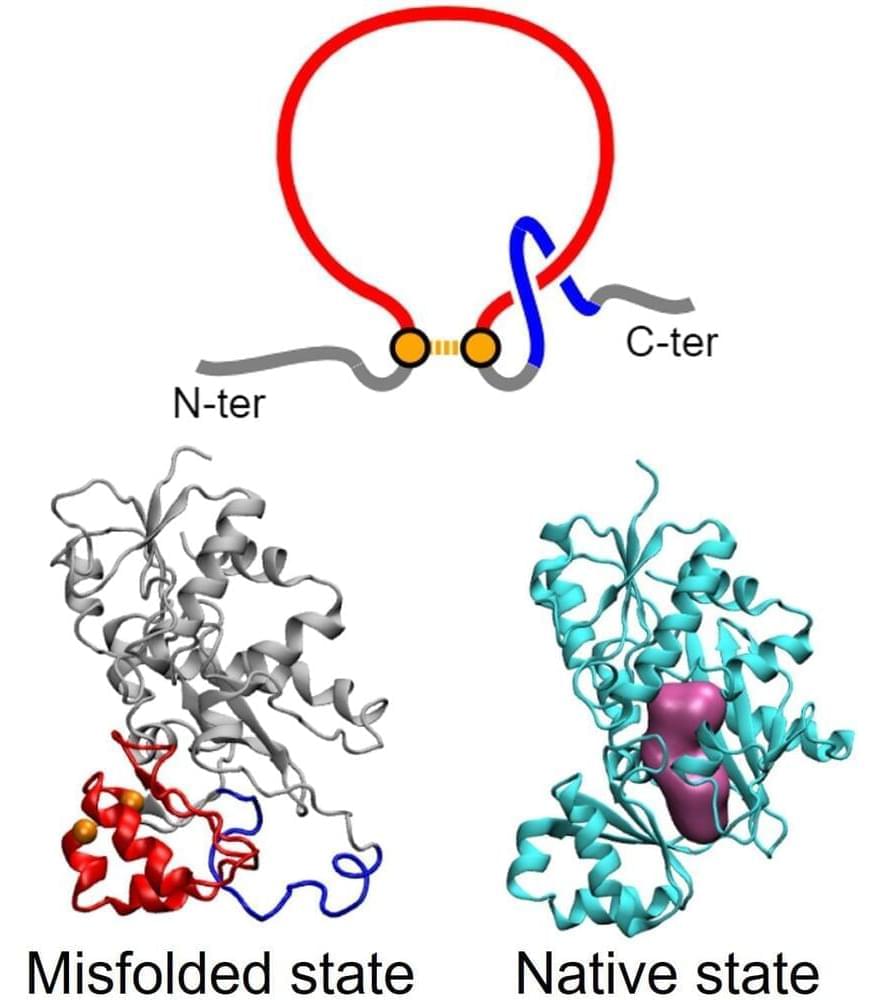
Modeling shows how genetic changes that don’t lead to changes in protein sequence can still alter protein function.
New modeling shows how synonymous mutations — those that change the DNA
DNA, or deoxyribonucleic acid, is a molecule composed of two long strands of nucleotides that coil around each other to form a double helix. It is the hereditary material in humans and almost all other organisms that carries genetic instructions for development, functioning, growth, and reproduction. Nearly every cell in a person’s body has the same DNA. Most DNA is located in the cell nucleus (where it is called nuclear DNA), but a small amount of DNA can also be found in the mitochondria (where it is called mitochondrial DNA or mtDNA).

The sick child’s prognosis, who had not responded to conventional treatment, was bleak. Nevertheless, a group of doctors from Rutgers University thought there could be hope despite the conventional wisdom against pursuing any further treatment.
What transpired over the following several weeks in the fall of 2020, described in a case study recently published in the European Medical Journal, was notable and representative of a newer approach to effectively treating a strange disease, the doctors stated.
The study focuses on the medical case of a 5-year-old girl who suffered from anti-NMDAR (N-methyl-D-aspartate receptor) encephalopathy, a rare and difficult-to-diagnose malfunction of the brain. Unresponsive to treatments, the child had been transferred to a rehabilitation center and been in a catatonic state for three months when a team of Rutgers physicians were called in to help.

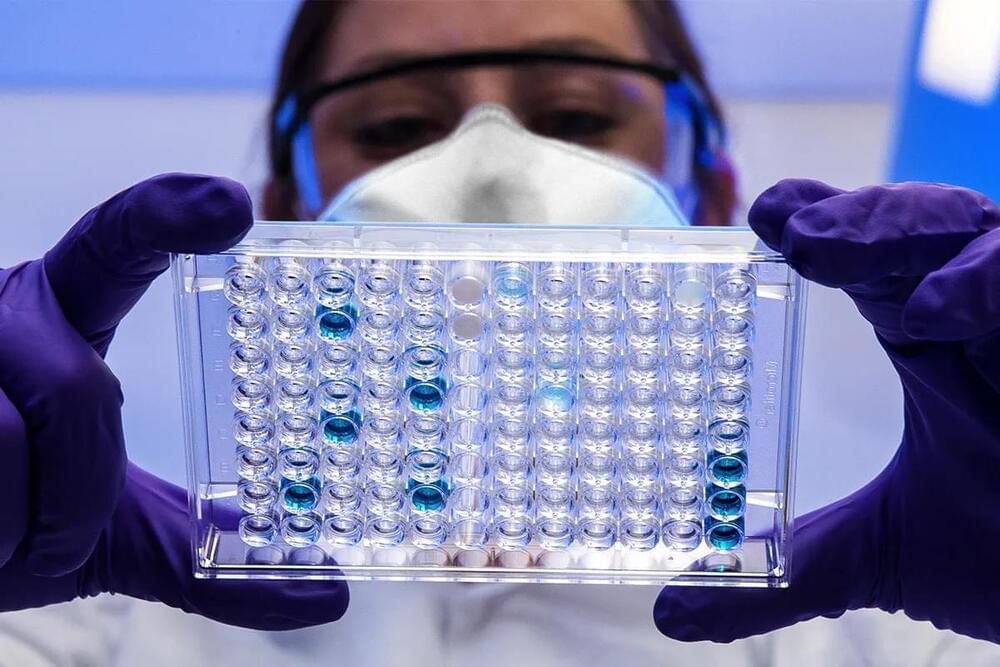
BioAge Labs, a clinical-stage biotech developing therapeutics that target the molecular causes of aging to extend healthy human lifespan, today announced positive Phase 1b clinical data for BGE-105, a highly selective, potent, orally available small-molecule agonist of the apelin receptor APJ.
BGE-105 treatment resulted in statistically significant prevention of muscle atrophy relative to placebo in healthy volunteers aged 65 or older after 10 days of strict bed rest.
Longevity. Technology: Muscle atrophy – loss of muscle mass and strength – is a universal feature of human aging that increases the risk of multiple morbidities, shortens lifespan and diminishes quality of life. Hospitalisation and periods of forced inactivity greatly accelerate this loss in older people.